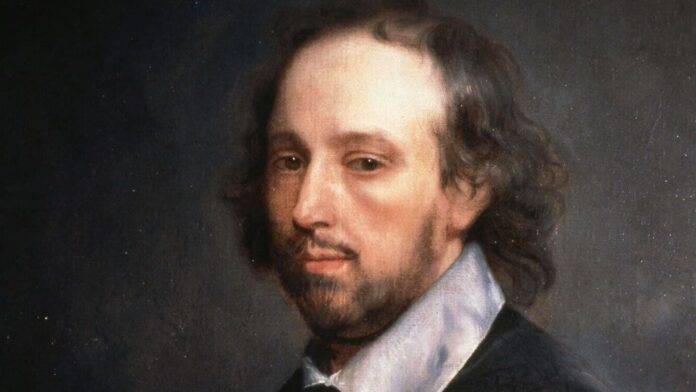The first is Fed action: All central banks say that they look at domestic conditions when framing policy. But traders and analysts always trace a link to the Federal Reserve, often in the belief that what the US central bank does drives all other policies.
While central banks are steadfast in approach, bond yields are sympathetic to US Treasury yields and the market sees this as vindication. They trace the difference in yield spreads and look to the Fed for direction. “And thereby hangs a tale,” as the Bard from Strafford on Avon may have said.
Second, a lot of discussion space was occupied by the subject of urban stress. One had heard of rural stress when monsoons fail, but urban stress was new. It is now accepted that spending is driven by income earned and the salaries paid by India Inc. The rich can keep spending as they have deep pockets, but their demand easily reaches saturation.
We need other classes to spend. Since products like toothpaste, shaving cream, hair oil, etc, are essentials, purchases might have shifted to products made by the unorganized sector. But then, as Shakespeare would say, “What’s past is prologue.”
Third, economists grew obsessed with chances of a cut in the repo rate, as if it’s the only variable that matters for growth. Ask yourself: If home loans were to be offered at 4% interest rate, will we see a massive rush to buy homes? Unlikely. But many economists wanted the repo rate to be lowered, arguing that growth had to be stimulated.
But isn’t India the world’s fastest growing major economy? Left unanswered is why GDP growth did not accelerate when the repo was at 4%. The hurry to lower the rate is in tune with the Bard’s “If it were done when ‘tis done, then ‘twere well it were done quickly.”
Fourth, after a celebration of rising retail participation in the stock market, with people being nudged to go digital, concerns arose over an investing frenzy going out of hand. Especially in the futures and options segment. People lost money, which led to an awareness campaign asking people to beware the ides of derivatives.
Initial public offers (IPOs) flourished, but we found that more than half the allotted shares got resold within a week. Savers who went digital ran into frauds, with many losing money. The rest is silence and the bold retail investor now seems more like a player who “struts and frets his hour upon the stage and then is heard no more.”
Fifth, we saw a burst of optimism rolled out on the economy’s growing size. Conferences and media panel discussions moved from becoming a $5 trillion economy to $10 trillion one, before even that became passé.
Now it is straight to the concept of a developed economy, with talk of a huge economy with per capita income above $14,000 by 2047. As the bard said: “Ambition should be made of sterner stuff.”
Sixth, the rupee was volatile. The question was how much the rupee would depreciate and the market was abuzz with what level the central bank was looking at. It never targets a number, but acts to contain volatility. The dollar’s own strength, causing all other currencies to weaken, made the matter even more complex.
Forex reserves peaked in 2024 at $ 705 billion, but just as the bugles began, they started depleting, suggestive of dollar sales to stabilize the rupee. Should this be done or not? For Mint Street it is, “Uneasy lies the head that wears the crown.”
Seventh, a banking conundrum surfaced that baffled everyone. Deposit growth slowed down, resulting in shortfalls. How did this happen? Savers moved to equities and mutual funds for higher returns. But this money must have gone into other bank accounts.
This flummoxed economists, some of whom got into leads and lags hyperbole. But as liquidity evened out, the issue faded away. Have we eaten on the “insane root that takes the reason prisoner“?
Eight, stock indices continued to do well. One was not sure why the NSE Nifty and BSE Sensex kept rising. Was it growth? Or was it corporate earnings? The latter were not too exciting, but share prices didn’t seem driven by profits.
And while IPOs had a party, stock analysts grew cautious in giving guidance. It was more like Lady Macbeth’s taunt, letting “I dare not wait upon I would, Like the poor cat i’ the adage.”
Ninth, inflation was probably the most discussed subject. It was an explanation for low corporate results and the cause of repo rate being kept unchanged. The theoretical underpinnings of that were questioned and a clarion call made to change the base year.
No one knows whether inflation need to reach 4% or whether a decline from 6.2% to 5.5% is reason to cheer. This lets economists take differing stances every time. But…. “This above all; to thine own self be true.”
Tenth, the most critical event was Donald Trump’s win in the US. While campaigning, his economic agenda sounded enigmatic: throw out immigrants, lower corporate tax rates, make the dollar stronger, punish China, impose more tariffs on all goods and so on.
The world will be watching what he will do once he takes over. Will he do what he said? Or would it be an empty tale, “full of sound and fury signifying nothing“?
On this cheerful note, Happy New Year to all readers.
The author is chief economist, Bank of Baroda, and author of ‘Corporate Quirks: The darker side of the sun’
#Full #sound #fury #Bard
